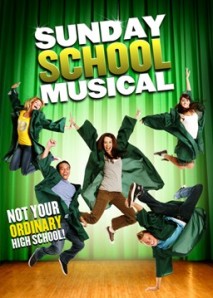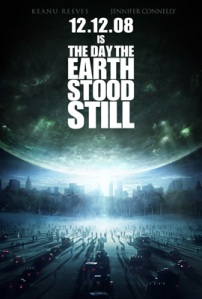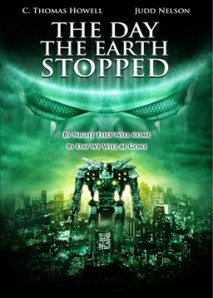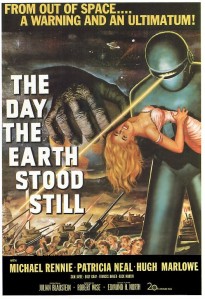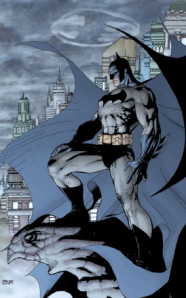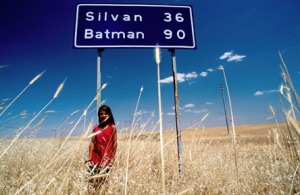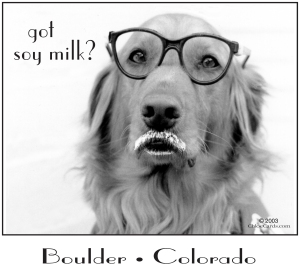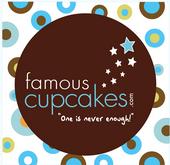Warner Bros., distributor of the ridiculously successful Harry Potter films, brought suit against the producer of the highly anticipated Bollywood film Hari Puttar: A Comedy of Terrors just days before the film was scheduled to be released in India. Though the title seems suspiciously similar to J.K. Rowling’s popular young wizard, the plot of Hari Puttar more closely resembles that of Home Alone.
In response to these allegations, the Bollywood production company claimed it saw no resemblance between the two names. They explained that ‘Hari’ is a popular name in India and ‘Puttar’ means son in Punjabi, so any similarity was purely coincidental. Despite these explanations, even the Hindustan Times reported that audiences may be confused by the title. “An Indian Harry Potter. You can’t think of anything else when confronted with the title Hari Puttar.”
I agree with the Hindustan Times. By seeing or hearing the name Hari Puttar, I would first be inclined think the movie was a translated version of, or at least affiliated with, the Warner Bros. Harry Potter films. Harry Potter is a worldwide success with hundreds of millions of readers and movie viewers, and it has shattered sales records around the world, including in India where the final book of the series had the highest opening day sales of all time.
Since this case was tried in India, the infringement was evaluated by different standards resulting in a loss for Warner Bros. But I predict that this movie will be barred from release in the US. Under US trademark law, Warner Bros. has to show a likelihood of confusion by the relevant consumer, which can be proved by, among other things, comparing the marks’ similarities in sight and sound, the similarity between the type of goods, and the similarity of marketing channels used to promote the two goods. (AMF Incorporated v. Sleekcraft Boats)
First, the marks ‘Hari Puttar’ and ‘Harry Potter’ look and sound similar. Second, both marks are used to promote children’s movies. Lastly, both use similar marketing channels to promote their films because both would be found in the movie section of newspapers, both would run television commercials during children’s programming, both would play previews and hang posters in movie theaters, and both would advertise on child-related internet websites.
Pushing legal theory aside, as professionals in the entertainment industry, the Bollywood producers must have been aware of the existence and popularity of Harry Potter, and should have recognized the similarity between the two marks. It is hard to believe that this law suit is the first time someone brought this to their attention. With all the boys’ names in existence, why did they choose this one?



